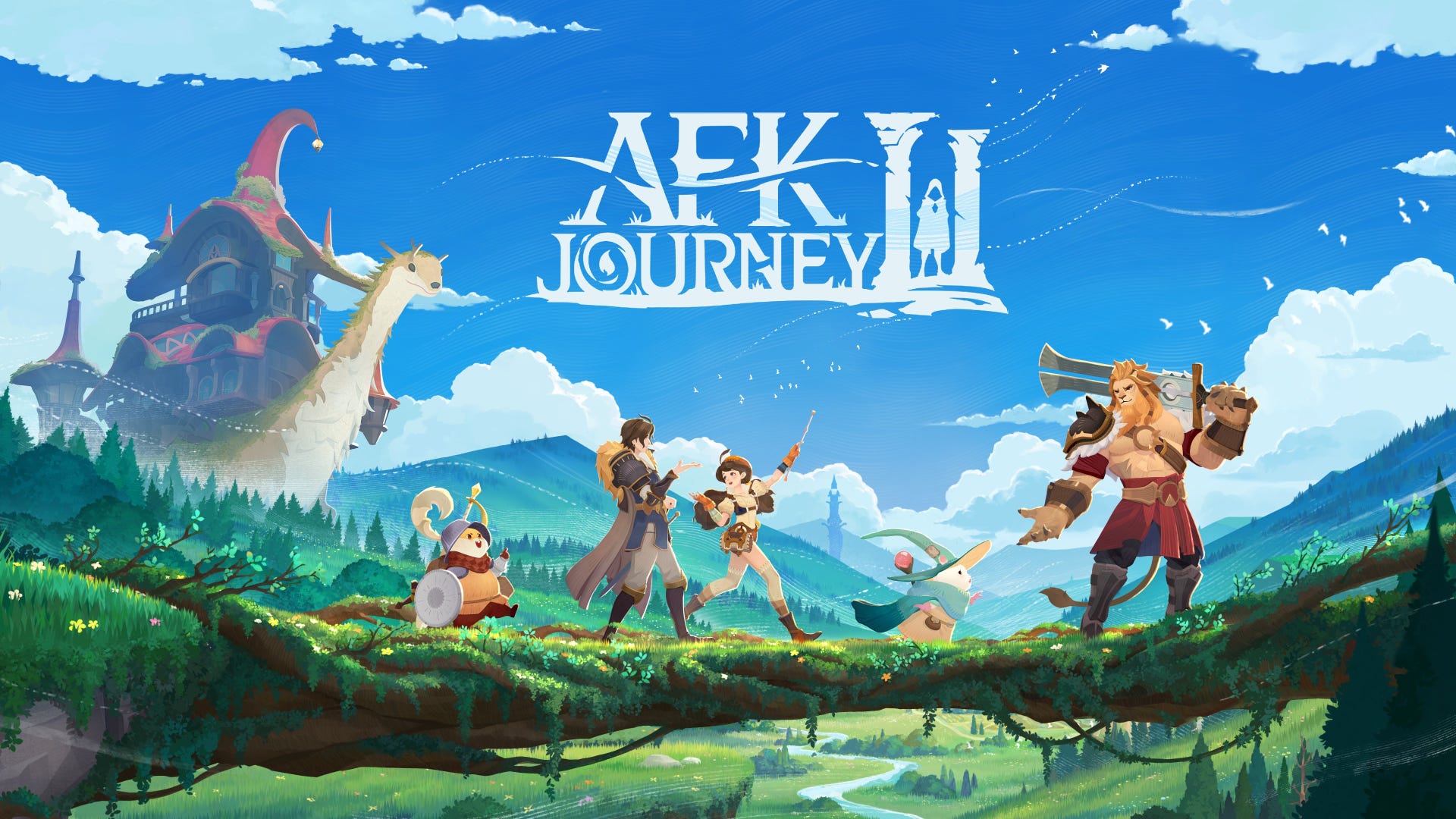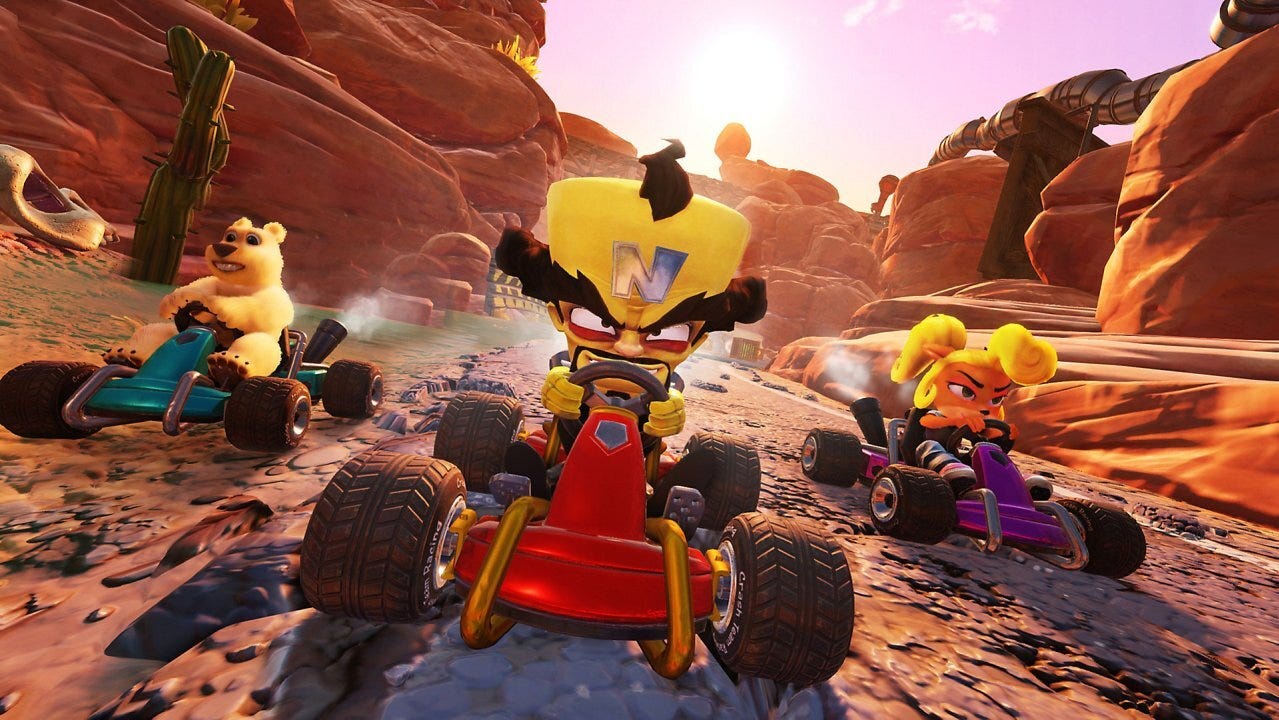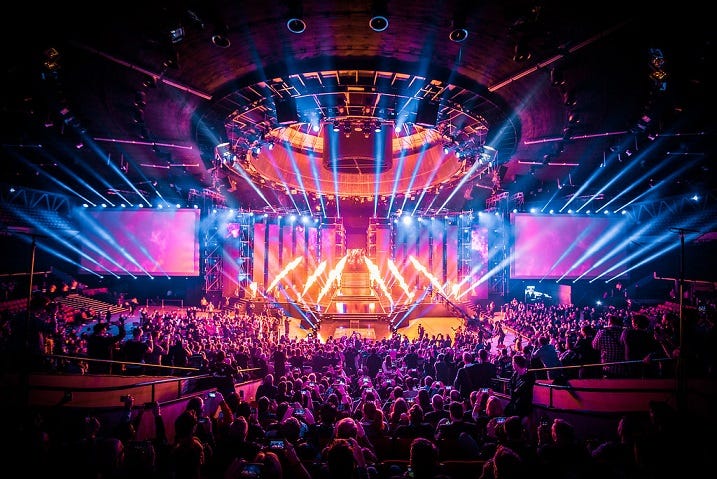Unity’s pricing is a symptom, not the cause of tougher times ahead for the games industry | Opinion
Earlier this week, Unity announced that from 2024 it will start charging developers for the number of downloads / installs of their games. Developers unsurprisingly threw their proverbial toys out of the pram following the news. I have not seen the f-word (i.e., "fair") thrown around this much by the games folk for a while. As a side note, I always find it quite amusing when for-profit companies (in this case, most developers) accuse another for-profit company (in this case, Unity) of being unfair by wanting to make more money. But to be clear, I can understand their shock and pain some of them will have to deal with. When it comes to 'fair', it usually depends on who you ask. From Unity's (and likely its shareholders') point of view, it has technically been subsidising developers' work (i.e., operating at a substantial GAAP-basis loss) every year since inception (despite posting a profitable Q4 2022). In the current macroeconomic climate, money is expensive, and investors are increasingly looking for returns rather than non-profitable revenue growth. Unity was able to rely on the growth narrative of the overall games industry propelling it to a sweeter future, but of course, the games industry declined in 2022, so that 'brighter future' argument became a lot tougher to buy into. Read more
Earlier this week, Unity announced that from 2024 it will start charging developers for the number of downloads / installs of their games.
Developers unsurprisingly threw their proverbial toys out of the pram following the news. I have not seen the f-word (i.e., "fair") thrown around this much by the games folk for a while. As a side note, I always find it quite amusing when for-profit companies (in this case, most developers) accuse another for-profit company (in this case, Unity) of being unfair by wanting to make more money. But to be clear, I can understand their shock and pain some of them will have to deal with.
When it comes to 'fair', it usually depends on who you ask. From Unity's (and likely its shareholders') point of view, it has technically been subsidising developers' work (i.e., operating at a substantial GAAP-basis loss) every year since inception (despite posting a profitable Q4 2022). In the current macroeconomic climate, money is expensive, and investors are increasingly looking for returns rather than non-profitable revenue growth. Unity was able to rely on the growth narrative of the overall games industry propelling it to a sweeter future, but of course, the games industry declined in 2022, so that 'brighter future' argument became a lot tougher to buy into.
What's Your Reaction?


































